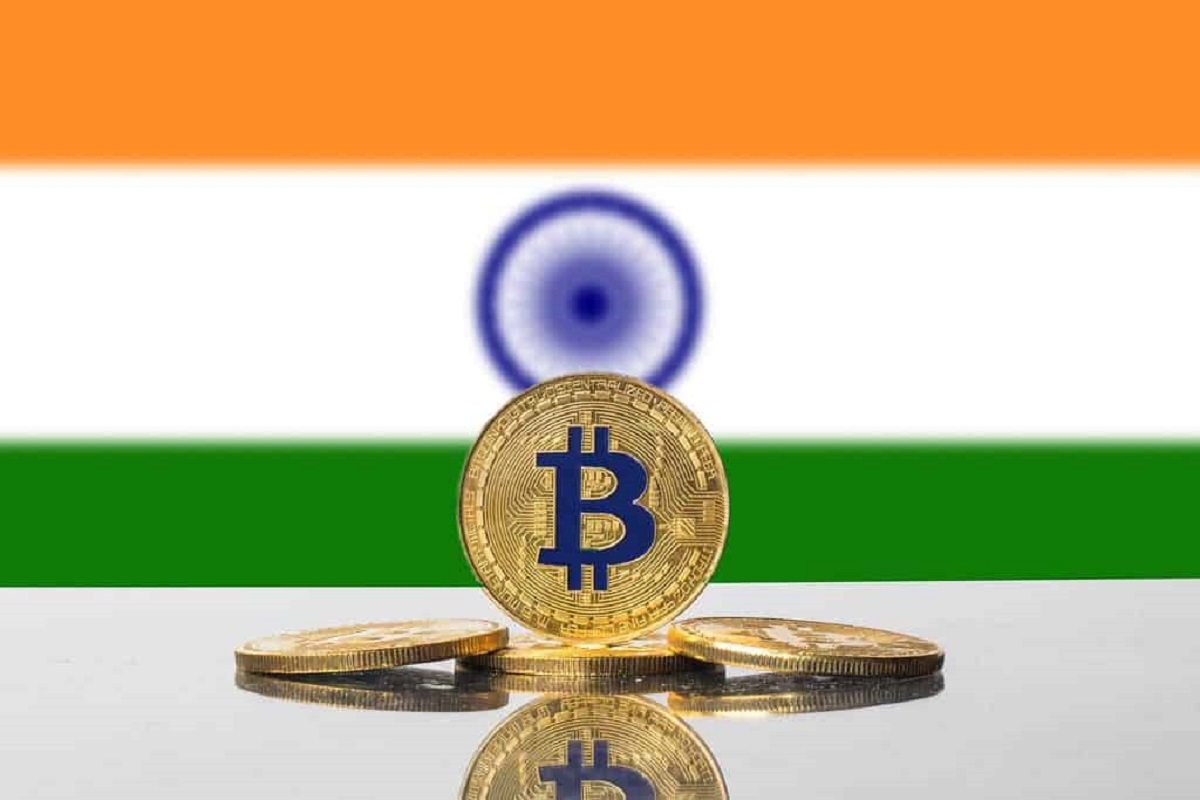In a major regulatory move, the Indian government has issued a stern warning to nine popular cryptocurrency exchanges, including Binance, Kucoin, Huobi, and Kraken. These exchanges face potential access restrictions in India due to non-compliance with India’s anti-money laundering (AML) and counter-financing of terrorism (CFT) regulations.
Promoting thorough regulatory compliance
The Financial Intelligence Unit of India (FIU IND) has taken stern action against these offshore exchanges. Notices have been sent to these entities seeking explanation for their failure to register under India’s stringent AML and CFT framework. The move is in line with the Prevention of Money Laundering Act (PMLA), 2002, which India extended in March 2023 to include Virtual Digital Asset Service Providers (VDA SPs).
Under these regulations, all cryptocurrency exchanges operating in India, regardless of their physical location, will be required to register as a reporting entity with FIU IND. This includes adhering to a set of obligations, including rigorous reporting and record-keeping practices. The move aims to crack down on potential financial crimes in India’s fast-growing cryptocurrency industry.
Push to block non-compliant platforms
Currently, 31 VDA SPs have been successfully registered with FIU IND. However, the reluctance of these nine major exchanges to comply led to India’s recent crackdown. The director of FIU IND escalated the issue by recommending URL blocking, effectively blocking access to these platforms for Indian users.
The Indian government’s decisive action has significant implications for cryptocurrency users in India. Potentially blocking access to these major exchanges could leave Indian investors struggling to access a diverse range of digital assets, impacting their trading strategies and portfolio diversity.
Moreover, this regulatory pressure could lead to a surge in the use of peer-to-peer (P2P) trading platforms as traders seek alternatives to mainstream exchanges. These changes may also foster a more localized and fragmented digital asset market within India.

